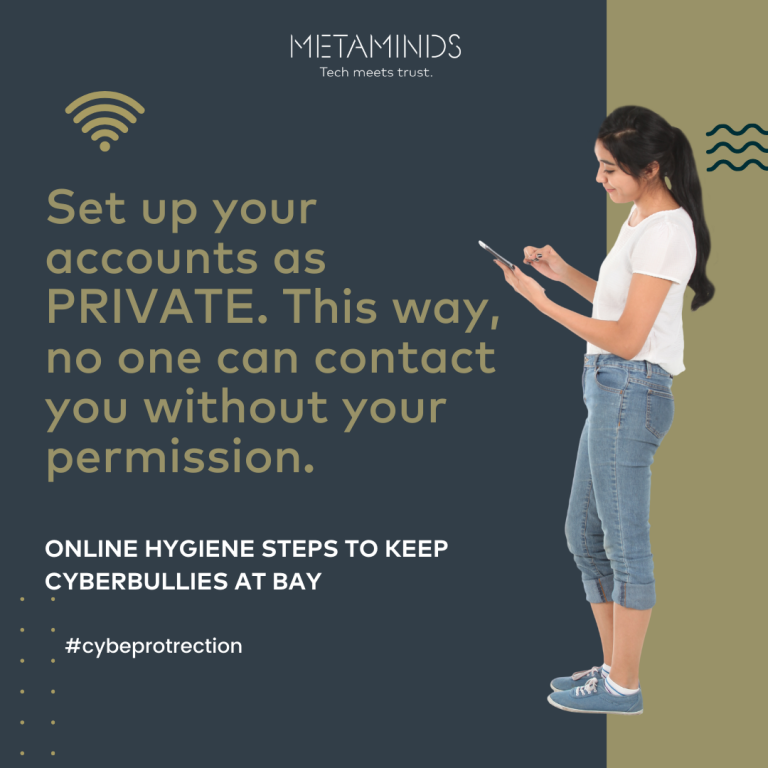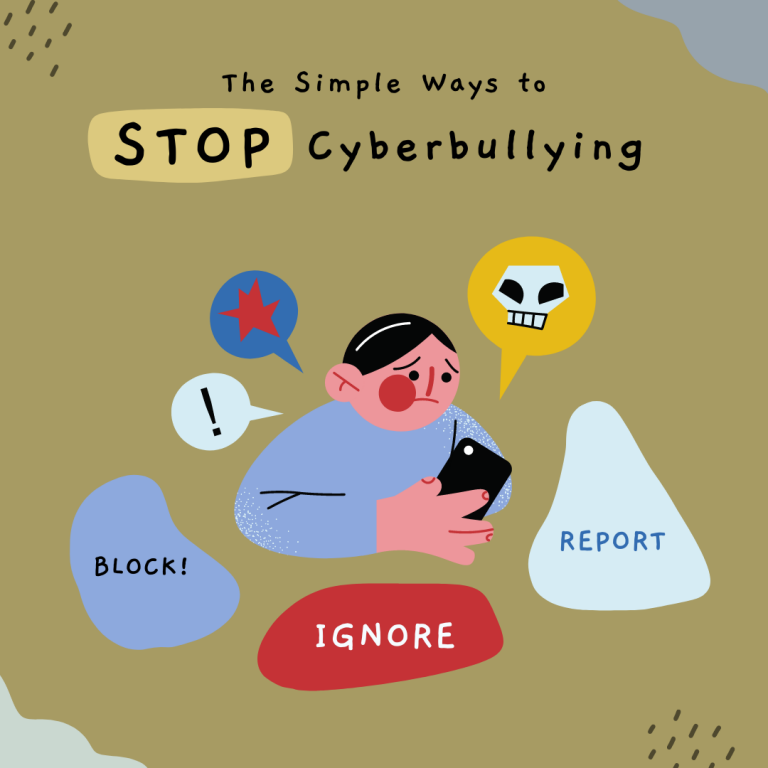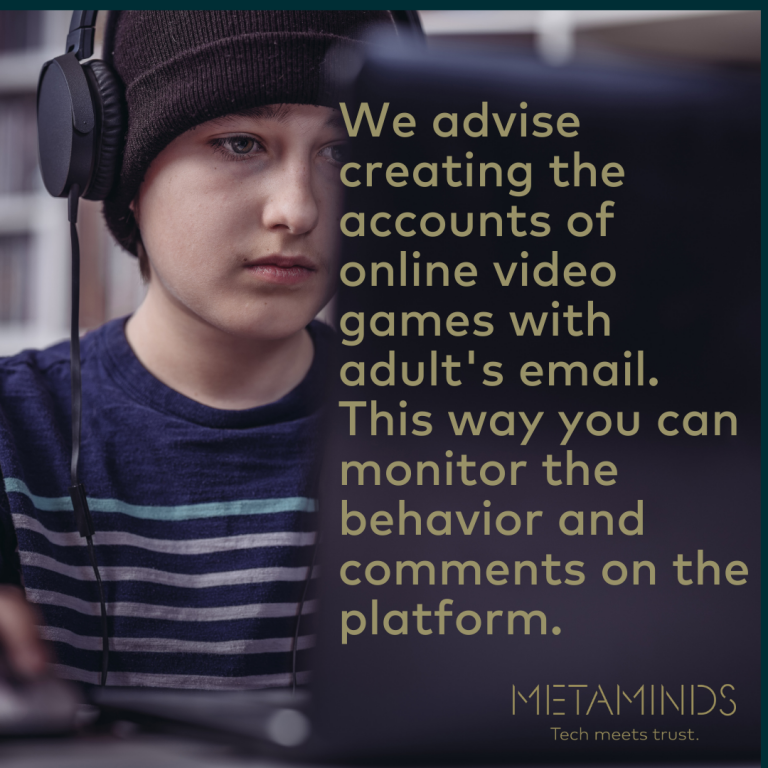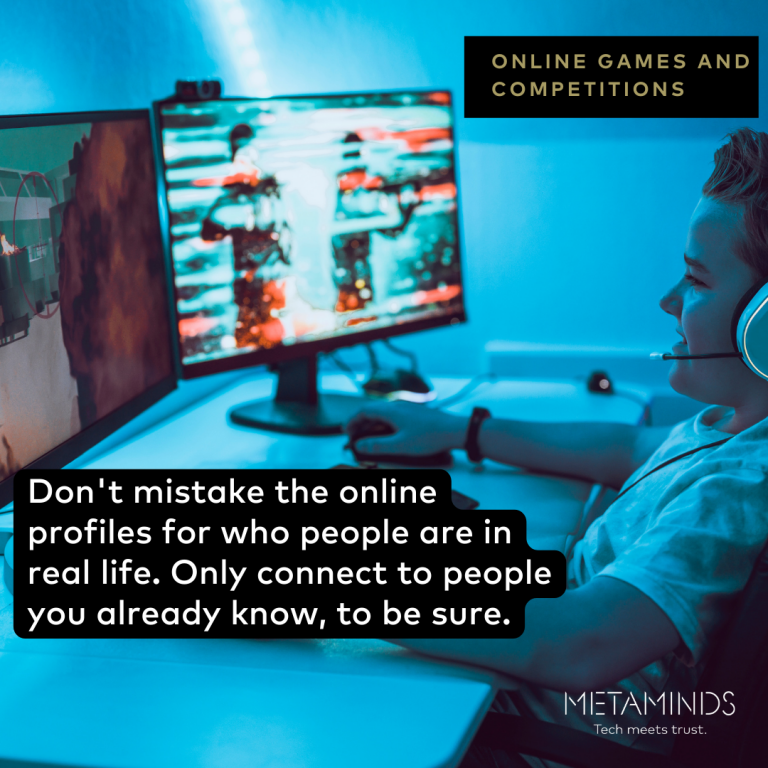“The early bird catches the worm” the saying goes, or the early morning show on the National Television in our case, 2 days ago. The reason for our being invited was to talk about what we know and do best: cybersecurity. More specifically, about simple ways to prevent two very frequent and harmful crimes, such as cyberbullying and online identity theft.
Cyberbullying, for one, is already a digital pandemic, affecting children, teenagers and young adults in particular; so practicing a very strict digital hygiene is as important as protecting ourselves from aggressions or diseases in real life, as the the damages are similar in proportion. Preventing is always better than treating is our mantra and hopefully yours, too.
It may not surprise you by now that almost half of cyberbullying acts originate from the Internet and the use of smart phones, (according to this Comparitech survey) in this order: social media sites and apps, text messages, online video games, Internet sites that are not social media, phone calls and emails. Some of these are also a gateway for hackers to make you the perfect victim of some type of cyberattack (more on the later in the next article on the topic).
An overview of the main ideas discussed are presented below. Let’s start with the moment when you set up your social media accounts. First, make them private. Why? Well, would you keep your house door open, to let just about everyone into your house, to come and go as they please? Same with the privacy settings.
Without your permission, no one can see what you post and no one can contact you. Already better than allowing everyone into your digital world, to come and go as they please.

Second, don’t hesitate to block, restrict and report any aggressive behaviour toward you on social media.
It’s quite intuitive for any of the social media apps. Unicef has written a complete article about that, with links to each of the main platforms, along with a series of very useful advice on how to manage the emotional impact a certain online aggression can have, especially on the minds of small children and adolescents.

Cyberbullying and Online Gaming
Online games have long been part of our daily routines, and often taking up considerable slice of our time.
Multi-player games – whether they are played on a computer, game console, handheld system, smartphone, or tablet – allow users to play with people they know in person and others they meet online. In fact, 65% of video game players of all ages say they play with others .
While gaming has the potential for positive benefits, it is also a place where cyberbullying can happen. If someone is not performing well in a game, other players may curse or make negative remarks that can turn into bullying, or even exclude the person from playing together.
So, as with social media apps, privacy settings are the first and foremost action you can take to keep cyberbullies away. In addition, parents and guardians of under-aged children would be happy to know they can create the online accounts with their personal email credential. This way, they can always check in on the activity happening online.

Also, beware of online identities versus who people are IRL. Anonymous players and the use of avatars instead of real pictures are the practice with gamers. You can’t really tell who the people behind the masks really are. More reason not to accept invitation from people you haven’t actually met in person before, not clicking on various links sent on the gaming online communities/ discussion groups. Not everyone has the best intentions in mind. Never share your login and password credentials, phone numbers, e-mail address or any other personal information. Not even with friends. They, too, can fall victim to hackers or cyberbullies.

Some players may use the game as a means to harass others or to get their personal information, like usernames and passwords. They can even make others’ personal information available online through a tactic called “doxing.” Doxing can compromise not just a child’s information, but their parent’s information as well, and can make them targets of bullying and harassment.
Navigating the Internet in search of information is the most common practice of the connected world. We use it to learn about anything, and we forget, in the process, that not all that glitters is gold. Fake websites or malicious links we click on are the gateway to cyberattacks of all sorts and types. These have grown in number and become more in more sophisticated and more difficult to recognize and avoid.
Creating online hygiene habits – such as never clicking unknown links or never accepting invitations from strangers – should, by now, be as obvious and normal as brushing your teeth or watching out when crossing the street.
One such type of cyberattack can get the shape of a link related to the game or a picture. What can be wrong about a picture of a polar bear on a floating piece of ice, you get from one of the players? Well, it depends.
We will tell you more about cyber-attacks and how they manifest in the second part of the article.
Meanwhile, you are welcome to you to watch our video on YouTube.
Until next time, when we discuss and show you how a trojan cyber attacks is done.